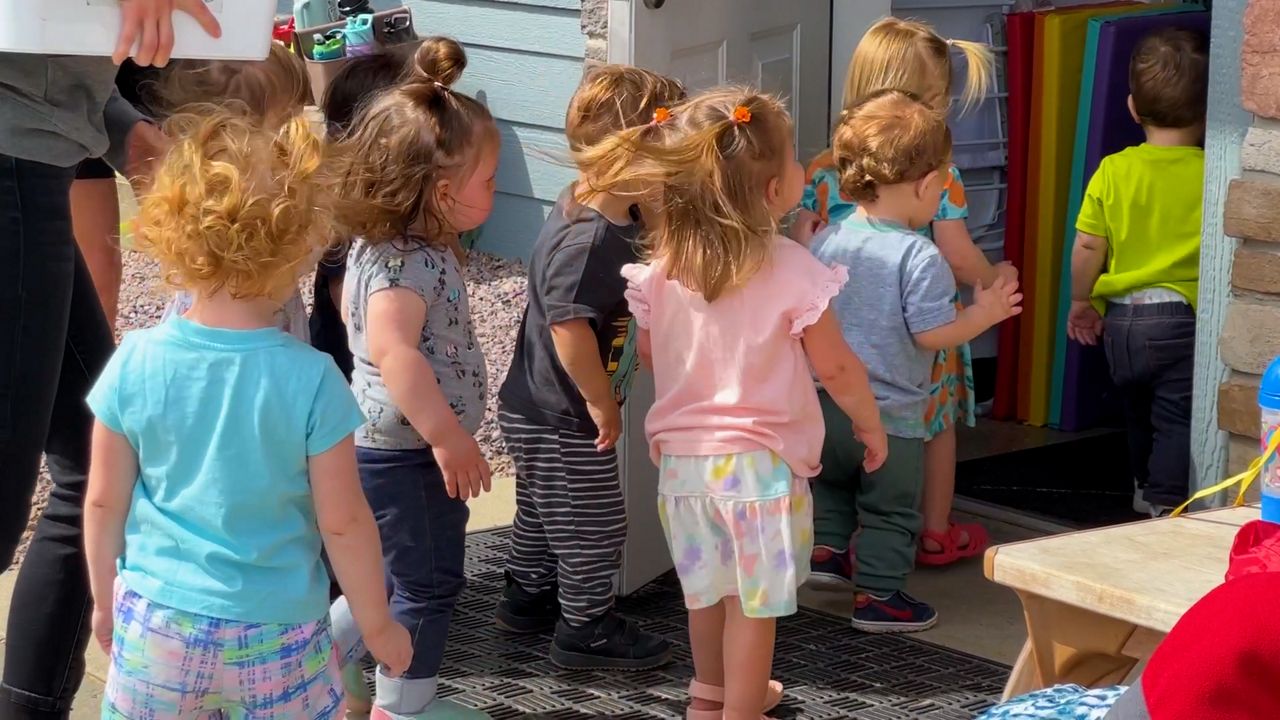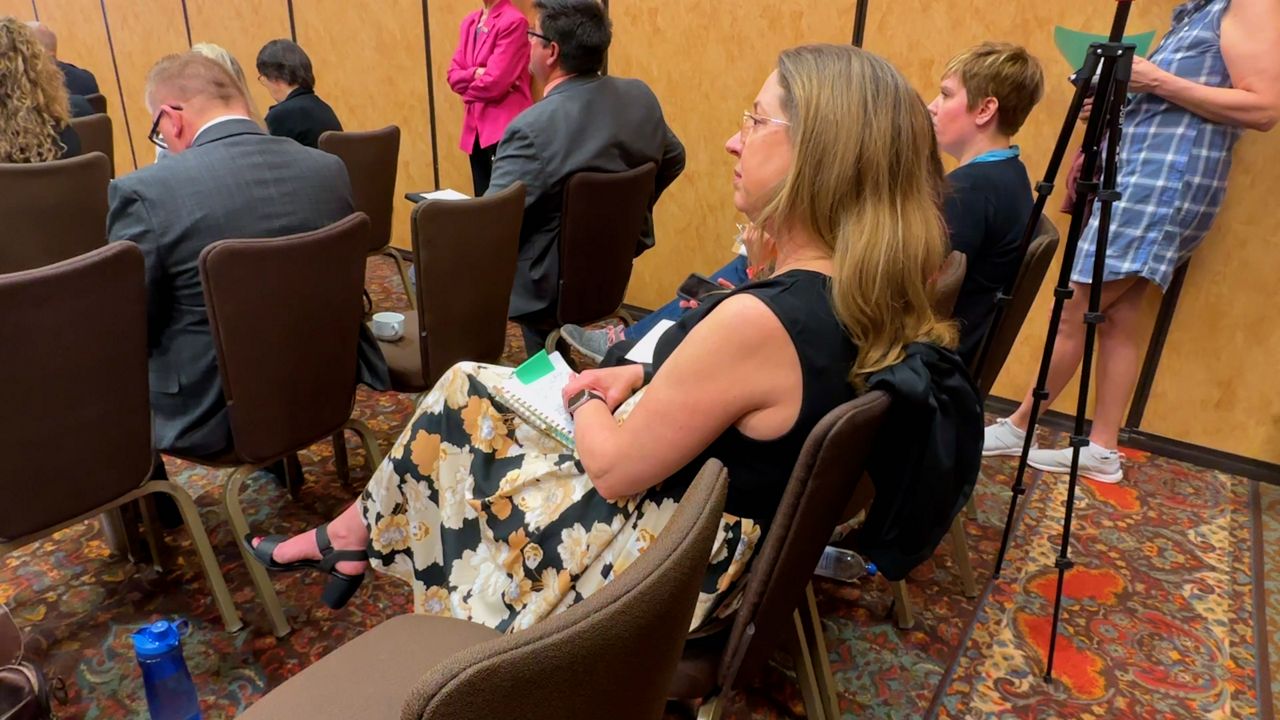DEFOREST, Wis. — Lawmakers were on the road again Wednesday as part of a statewide tour to find out what Wisconsinites think should be done with a projected $7 billion surplus.
The public hearing held in Wisconsin Dells gave everyday citizens a chance to tell lawmakers where they want to see their tax dollars go for the next two years.
For those who own a business, whether big or small, there is a shared struggle of staffing and inflation.
Macy Buhler opened the doors to Yahara River Learning Center in DeForest about five years ago, and business has been booming ever since.
With about 80 enrolled students between various programs, you might think Buhler has all she can handle. However, her license would allow her to take up to 40 more kids. The problem is Buhler is down five teachers, despite paying a minimum living wage.
“They can go over to Kwik Trip, we have four of them in our small community, and they can get benefits and the same pay,” Buhler explained. “They don’t have to have the teaching license that my staff do.”

Buhler put that concern front and center for lawmakers Wednesday, as she made a plea to save the Child Care Counts program, which used federal funds to supplement licensed child care, primarily through the COVID-19 pandemic. Now, those dollars will run out in December if lawmakers decide not to use state funds to continue to support the program.
“Every one of my bills have increased. Gas, water, electricity,” said Buhler when asked about inflation.
Costs like those, paired with the possibility of less support from the state, could mean the parents who bring their kids to Buhler will end up paying an extra $40 to $50 per child per week by the end of the year.
“I can’t even get to the lower incomes,” Buhler said. They can’t afford a program like this, and that’s another thing that breaks my heart.”

Buhler said cuts to the program would also be devasting if lawmakers decide against the requested $300 million state investment over the 2023-25 biennium.
“These are going to be the future nurses for us, the future doctors for us, the future engineers, leaders and politicians,” Buhler said.
Lawmakers on the Joint Finance Committee will head to Minocqua in two weeks for one more public hearing before getting to work on the spending package they hope to have passed by the July deadline.


